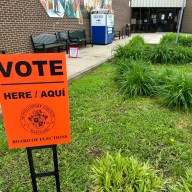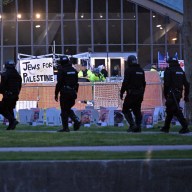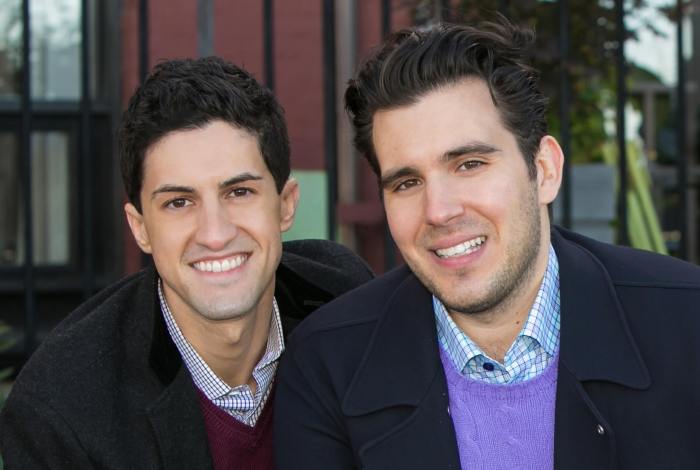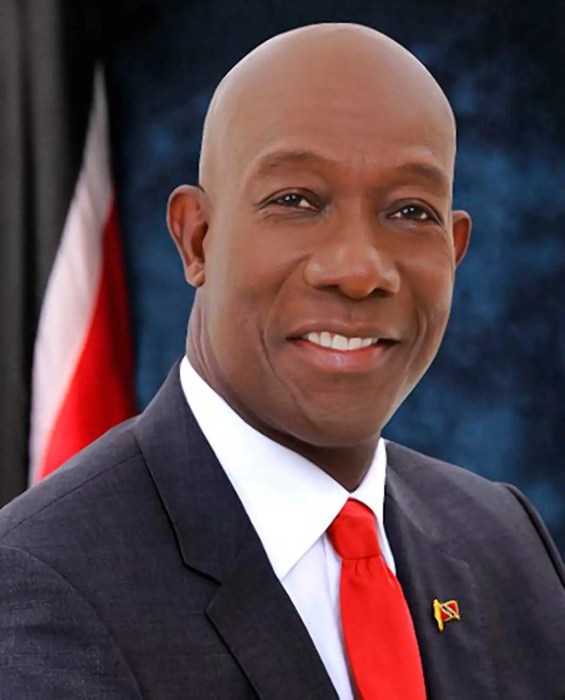PESHAWAR, Pakistan – A banned charity with alleged links to the Mumbai attacks is helping refugees fleeing the fighting between the Pakistani military and the Taliban, a group member said Thursday, raising questions about the government’s pledge to crack down on the outfit.
Around 2,000 members of Jamaat-ud-Dawa are handing out food and transporting refugees to three camps, said a member of the group, which has renamed itself the Falah-i-Insaniat Foundation.
The offensive against Taliban insurgents in the Swat Valley area has driven at least 800,000 people from their homes, with 80,000 staying in several camps south of the battle zone. Prime Minister Yousuf Raza Gilani told parliament Thursday that it was the largest internal displacement of Pakistanis since the country’s creation in 1947.
“They are sacrificing for the future, and every Pakistani is ready to help them,” he said of the refugees.
The military say it has killed more than 750 militants in the operation, a toll the media have been unable to corroborate.
The offensive is shaping up as a major test of the Pakistani army’s often questioned commitment to uprooting the insurgency gnawing away at the stability of the nuclear-armed, pro-Western state, but the refugee exodus could undercut support for the fight.
The U.S. and the United Nations say Jamaat-ud-Dawa is a front for Lashkar-e-Taiba, the militant group accused of planning and carrying out last year’s attacks in the Indian financial capital of Mumbai, which left 166 people dead and hundreds more wounded.
The government launched a crackdown on Jamaat soon after the attacks, arresting several of its leaders, seizing its assets and closing its branches. Jamaat denied having any links to Lashkar, which in turn denied involvement in the attacks.
Government spokesmen were not immediately available for comment. Pakistan’s crackdown on Jamaat has been welcomed by India and the United States, but analysts at the time said it was likely the group would emerge under another name.
“We are silently helping the homeless, hungry and needy people, and let us do our work without maligning us,” said Mian Adil, deputy chairman of Falah and a former member of Jamaat. “We have sent 2,000 of our members to help our brothers and sisters.”
Conditions in the camps are hot and dusty, but shelter, food and medical facilities are available.
Any move by the government to stop Falah would likely be unpopular, legally difficult and risk a backlash among Pakistanis.
Jamaat, which helped tens of thousands of people following the deadly Kashmir earthquake in 2005 and a smaller quake in Baluchistan last year, used to get its money from donations.
Lashkar is believed to have once enjoyed close links with Pakistan’s intelligence agencies, which cultivated it as an ally in Kashmir, a disputed territory claimed by both India and Pakistan.
In a statement Wednesday, the military said the offensive would only be successful if the refugees received aid and civilian casualties were kept to a minimum. It pledged to help feed 80,000 refugees each day.
Also Thursday, China said it was donating $1 million to Pakistan to help civilians displaced by the recent fighting. The two countries are longtime allies.
The army said commandos airlifted into the valley Tuesday had established a “firm hold” in the remote Piochar area, the rear base of Swat Taliban leader Maulana Fazlullah. Various clashes in the previous 24 hours left four soldiers and 11 militants dead, it said.
The army has yet to start operations in Mingora, where witnesses say insurgents are in control and preparing for what could be bloody house-to-house fighting.
The prime minister also condemned a recent Taliban threat to kidnap and harm legislators and their relatives if they did not oppose the military offensive. “We will give you full protection,” Gilani assured legislators.
–
Associated Press writers Munir Ahmad in Islamabad and Christopher Bodeen in Beijing contributed to this report.
















